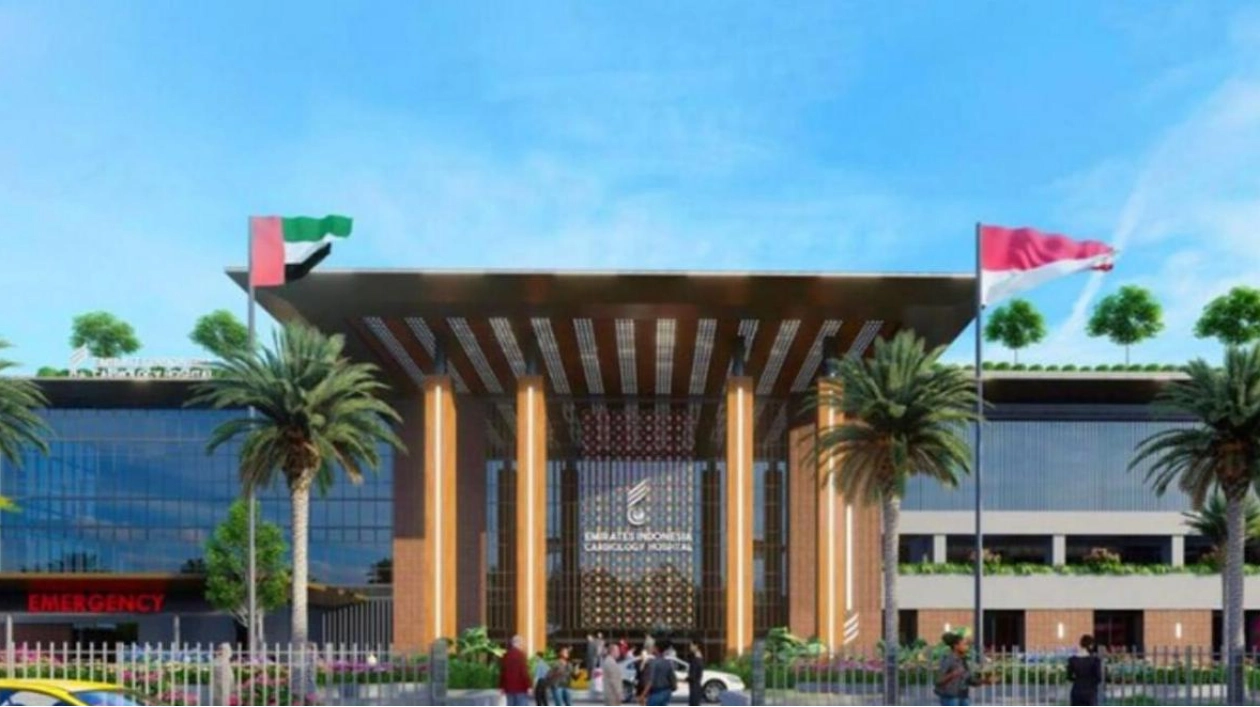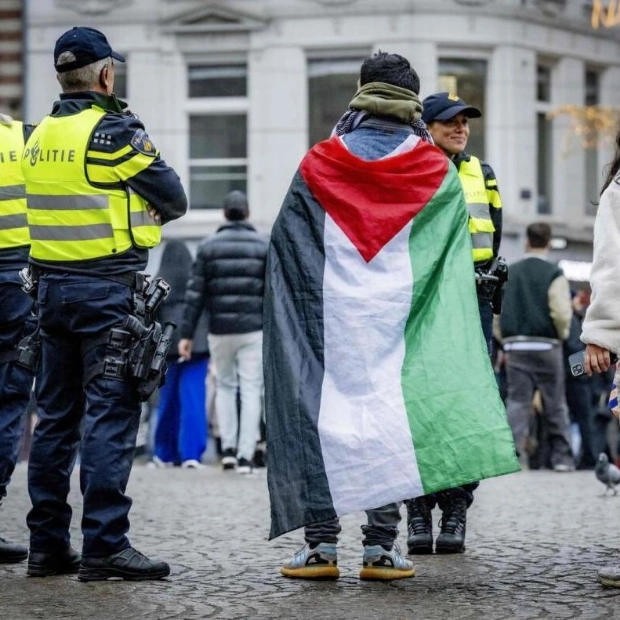The UAE has launched a bold plan to construct 10 hospitals within the next ten years, targeting significant healthcare deficiencies globally. This project is linked to the Zayed Humanitarian Legacy Initiative, introduced by UAE President Sheikh Mohamed bin Zayed Al Nahyan in March. Funded with around Dh550 million over the next ten years, the UAE Global Hospitals Programme will manage the building of these hospitals, each designed to cater to the unique healthcare requirements of underprivileged communities, thereby improving access to medical care for those who need it most.
The first hospital to be completed under this initiative will be the UAE-Indonesia Hospital for Cardiac Diseases in Surakarta, Central Java, slated to open in the fourth quarter of 2024. This hospital will serve as a critical resource for thousands of patients suffering from heart diseases. The initiative underscores the UAE's ongoing commitment to achieving global health equity and fostering international collaboration, representing a substantial investment in global health under the Zayed Humanitarian Legacy Initiative.
Sheikh Theyab bin Mohamed bin Zayed Al Nahyan, Chair of the International Humanitarian and Philanthropic Council, highlighted the UAE's dedication to enhancing global health, stating, "Under the leadership of President Sheikh Mohamed bin Zayed Al Nahyan, we are proud to continue our mission of improving global health. This initiative will significantly impact the lives of underserved communities over the next decade."
Sheikh Shakhboot bin Nahyan Al Nahyan, Minister of State and Chair of the International Health Advisory Committee, emphasized the role of these hospitals in strengthening healthcare systems and bridging critical access gaps. The UAE-Indonesia Hospital for Cardiac Diseases will not only provide specialized medical services but also serve as a blueprint for future projects.
Heart diseases are a major cause of mortality and disability in Indonesia, with ischemic heart disease and stroke being particularly common. The prevalence of these diseases has increased due to lifestyle changes, urbanization, and an aging population. Despite improvements in healthcare coverage, the system faces challenges in managing the growing incidence of heart diseases, with uneven access to healthcare facilities, especially in rural and remote areas.
The UAE, continuing the legacy of the late Sheikh Zayed bin Sultan Al Nahyan, remains one of the world's most generous donor countries, having contributed over Dh320 billion in foreign aid since its inception. This commitment to philanthropy is deeply ingrained in the UAE's history and values, reflecting its dedication to promoting international cooperation and solidarity.






